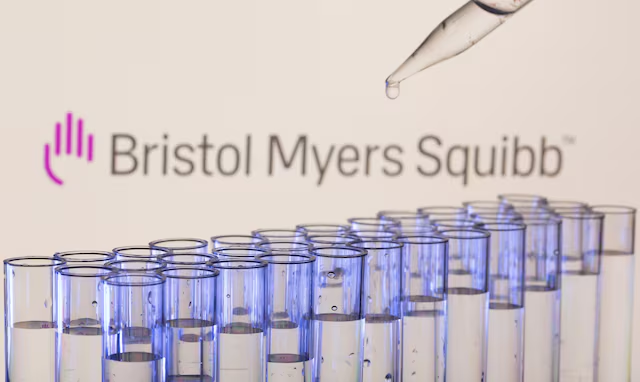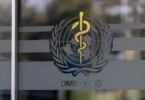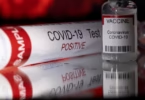June 27 (Reuters) – The U.S. Food and Drug Administration said on Friday it had eliminated risk evaluation and mitigation strategies (REMS), a safety program to protect patients from risky drugs, for currently approved CAR-T cell immunotherapies.
REMS is required by the FDA to ensure a drug’s benefits outweigh its risks by managing serious safety concerns.
Keep up with the latest medical breakthroughs and healthcare trends with the Reuters Health Rounds newsletter. Sign up here.
The FDA said risks linked to CAR-T cell therapies can be effectively communicated through existing labeling, including boxed warnings for cytokine release syndrome and neurological toxicities, and medication guides.
The FDA said risks linked to CAR-T cell therapies can be effectively communicated through existing labeling, including boxed warnings for cytokine release syndrome and neurological toxicities, and medication guides.
The cancer therapies include Bristol-Myers Squibb’s (BMY.N), opens new tab Breyanzi and its partnered therapy Abecma with 2seventy bio , Johnson & Johnson’s (JNJ.N), opens new tab unit Janssen and Legend Biotech’s (LEGN.O), opens new tab Carvykti, Novartis AG’s (NOVN.S), opens new tab Kymriah, and Gilead Sciences’ (GILD.O), opens new tab unit Kite’s Tecartus and Yescarta.
Gilead said it has updated the labels for Yescarta and Tecartus reflect the FDA’s removal of the REMS requirement.
“We are pleased that they will help lessen the burden on HCPs and patients, enabling more people to receive these potentially curative treatments,” Gilead added.
These are gene therapies that are currently approved to treat blood cancers, such as multiple myeloma and certain types of leukemia and lymphoma, the health regulator said.
CAR-T treatment generally involves extracting disease-fighting white blood cells known as T-cells from a patient, re-engineering them to attack cancer and infusing them back into the body.
“CAR T cell therapy is a transformational, potentially life-saving option for patients living with blood cancers, and we are working to challenge current practices, assumptions and barriers that limit access,” said Lynelle Hoch, president of Cell Therapy Organization at Bristol-Myers Squibb.
In January 2024, the FDA asked several drugmakers to add a serious warning on the label of their cancer therapies that use CAR-T technology after reports of T-cell malignancies and adverse events identified since approval.
The FDA earlier said the risk of T-cell malignancies including leukemia and lymphoma applies to all therapies in the class and can lead to hospitalization and death.






Leave a Comment